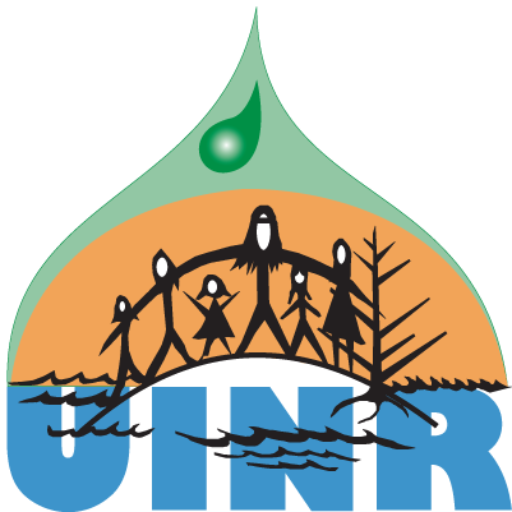UINR has just published Unama’ki Jakejue’ka’timk: Food, Social, and Ceremonial Lobster Fishery Management Plan for Unama’ki.
 This plan was developed for the food, social, and ceremonial (FSC) lobster fishery through consultation with lobster fishers, elders, members of the Grand Council, and other knowledgeable community members to address concerns with current conservation provisions set out in the Aboriginal Fisheries Strategy (AFS) agreements. This plan is voluntary and will be used to complement current conservation conditions outlined in the agreements. In the absence of AFS agreements, this management plan will still apply to the Unama’ki food, social, and ceremonial lobster fishery.
This plan was developed for the food, social, and ceremonial (FSC) lobster fishery through consultation with lobster fishers, elders, members of the Grand Council, and other knowledgeable community members to address concerns with current conservation provisions set out in the Aboriginal Fisheries Strategy (AFS) agreements. This plan is voluntary and will be used to complement current conservation conditions outlined in the agreements. In the absence of AFS agreements, this management plan will still apply to the Unama’ki food, social, and ceremonial lobster fishery.
The plan covers the FSC fishing season from 15 September 2007 to 14 September 2008.
The Management Plan includes comprehensive information on the history that led to the plan, biological information on jakej (lobster), an overview of the fishery, the status of the lobster stock, conservation and management issues, long-term and specific management objectives, enforcement measures, and financial responsibilities.
A Code of Practice and Handling of Lobster harvested during the food, social, and ceremonial fishery is also included. While the Code is voluntary, the Chiefs of Unama’ki encourage all FSC lobster fishers to adopt it as a commitment to Netukulimk, the safety of our people, and our responsibility to ensure the lobster gift is there for the benefit of all.
Copies of the Plan are available from all Unama’ki Band Offices, at the UINR office in Eskasoni, and online at www.uinr.ca in the Research section.
Code of practice & handling of lobster harvested during the food, social, and ceremonial fishery.
Here’s a summary of the Code:
- Minimize waste:Care will be taken to ensure that the lobster harvested will survive until prepared for consumption.
- Minimize damage to lobster returned to the sea:Â Lobsters returned to the sea today will become catches in the future.
- Minimize footprint on the 
 environment: Lobsters live in the ocean and the Bras d’Or Lakes. Respect and care will be extended to the environment in which the lobster lives.
- Follow safe boating practices: The ocean is powerful. Be prepared.
